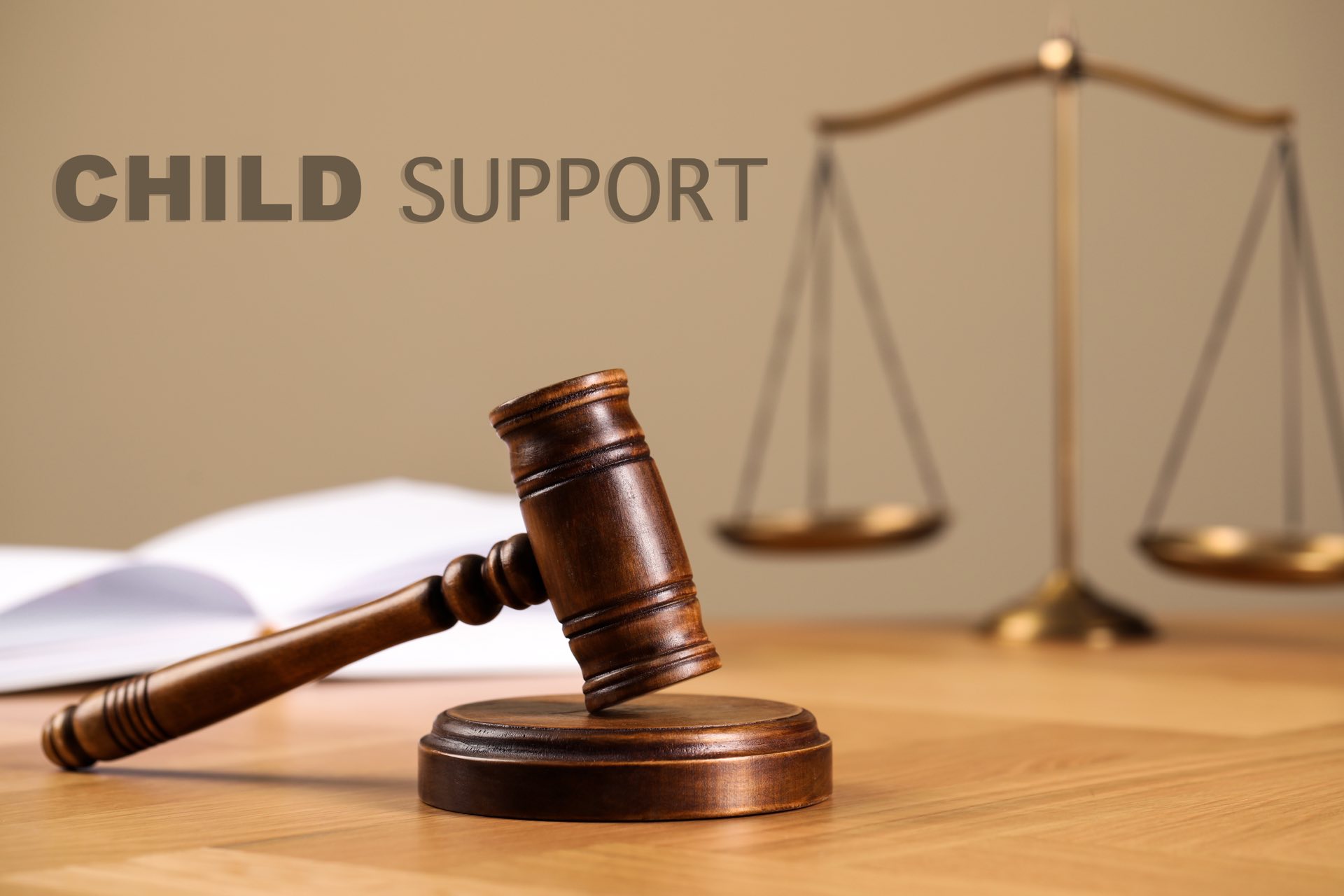
When a couple with children ends their marriage in Ohio, child support becomes one of the most important parts of the process. Whether through divorce or dissolution, the goal is the same: to ensure the child’s financial needs are met. But how child support is determined and enforced depends on the path the couple takes.
In a divorce, the court often plays a more active role in resolving disagreements and making rulings. In a dissolution, the couple agrees on all terms—including child support—before filing. This difference affects how support is calculated, reviewed, and potentially enforced or modified in the future.
How Child Support Is Determined in Dissolution
In a dissolution, both spouses work together to decide how much child support should be paid and by whom. These terms are included in the separation agreement, which covers all aspects of their split—custody, parenting time, property division, and financial support.
The couple is expected to follow Ohio’s child support guidelines when deciding on a support amount. However, because dissolution is based on agreement, they have more flexibility—so long as the final plan is reasonable and in the child’s best interests.
Before granting a dissolution, the court will review the separation agreement. If the child support terms are far off from what the state guidelines suggest, the court may require an explanation. The judge must be convinced that the agreement is fair, that the child will be properly supported, and that neither parent was pressured or misled.
In short, parents can agree on the child support amount and how it’s structured, but the court still gets the final say to make sure it meets legal standards.
How This Differs From Divorce
In a traditional divorce, spouses often don’t agree on everything from the beginning. That includes child support. When this happens, the issue is resolved through the court process.
If parents can’t reach a child support agreement, the court will calculate the amount based on Ohio’s standard guidelines. A hearing may be held where both parents present financial information. The judge then decides how much support is appropriate, taking into account each parent’s income, the needs of the child, health insurance, childcare costs, and other relevant factors.
Because divorce can be adversarial, the court tends to play a more hands-on role throughout the case. Even if parents reach a tentative agreement, the court may still examine it more closely—especially if one parent is unrepresented or if the proposed support deviates from the guideline amount.
Ohio’s Child Support Guidelines Still Apply
Ohio has a detailed formula to calculate child support, and it applies to both divorce and dissolution cases. The formula considers both parents’ gross incomes, health insurance premiums, childcare expenses, and the number of children involved. It also includes a schedule for basic support obligations based on combined income.
The resulting figure is typically what the court expects to see unless there’s a compelling reason to deviate. Some possible justifications for deviation include:
One parent is voluntarily unemployed or underemployed.
The parenting time schedule significantly reduces one parent’s expenses.
There are extraordinary medical or educational needs.
In dissolution, if the parents agree to an amount that differs from the guideline calculation, they must explain why—and show that the child’s needs are still being met.
In divorce, a deviation must be requested and justified during the hearing. The judge will decide whether to accept it. Judges have discretion, but they must put the child’s needs first.
Frequently Asked Questions
Can we agree on no child support in a dissolution?
Technically, yes—but only if the court agrees it’s appropriate. Parents might suggest no support if they share custody equally and their incomes are roughly the same. But the court may still require a small payment or ask for an explanation. The child’s needs take priority over parental preferences.
What happens if the court finds the agreement unfair?
If a judge determines that the child support terms in the separation agreement are not in the child’s best interest or deviate too far from the guidelines without good reason, the court can reject the agreement. This doesn’t mean the entire dissolution is thrown out, but the couple will need to revise the agreement and resubmit it for approval.
Can child support be modified later after dissolution?
Yes. Even after a dissolution is finalized, either parent can request a child support modification if there’s a significant change in circumstances. This could include a change in income, job loss, new medical expenses for the child, or a shift in parenting time. The parent requesting the change must file a motion and provide evidence to support the request. The court will then review the updated information and determine whether the current support order should be changed.
It’s worth noting that child support cannot be waived permanently in Ohio. Even if a dissolution agreement originally sets no support or a reduced amount, that decision can be revisited by the court in the future.
Why Legal Help Matters
Whether you pursue a divorce or a dissolution, making the right decisions about child support is essential for your family’s future. Getting it wrong can lead to confusion, conflict, and court hearings down the line. At Garretson & Holcomb, LLC, we help parents across West Chester Township and the surrounding areas develop child support agreements that hold up in court and provide the security their children need.
If you and your spouse are considering a dissolution, we can help you negotiate fair support terms and draft a separation agreement that meets legal requirements. If you’re involved in a divorce and facing contested support issues, we’re ready to advocate for you in court.
Every family is different. Let us help you find a child-centered solution that works for yours.
To schedule a consultation, contact Garretson & Holcomb, LLC at (513) 863-6600.


